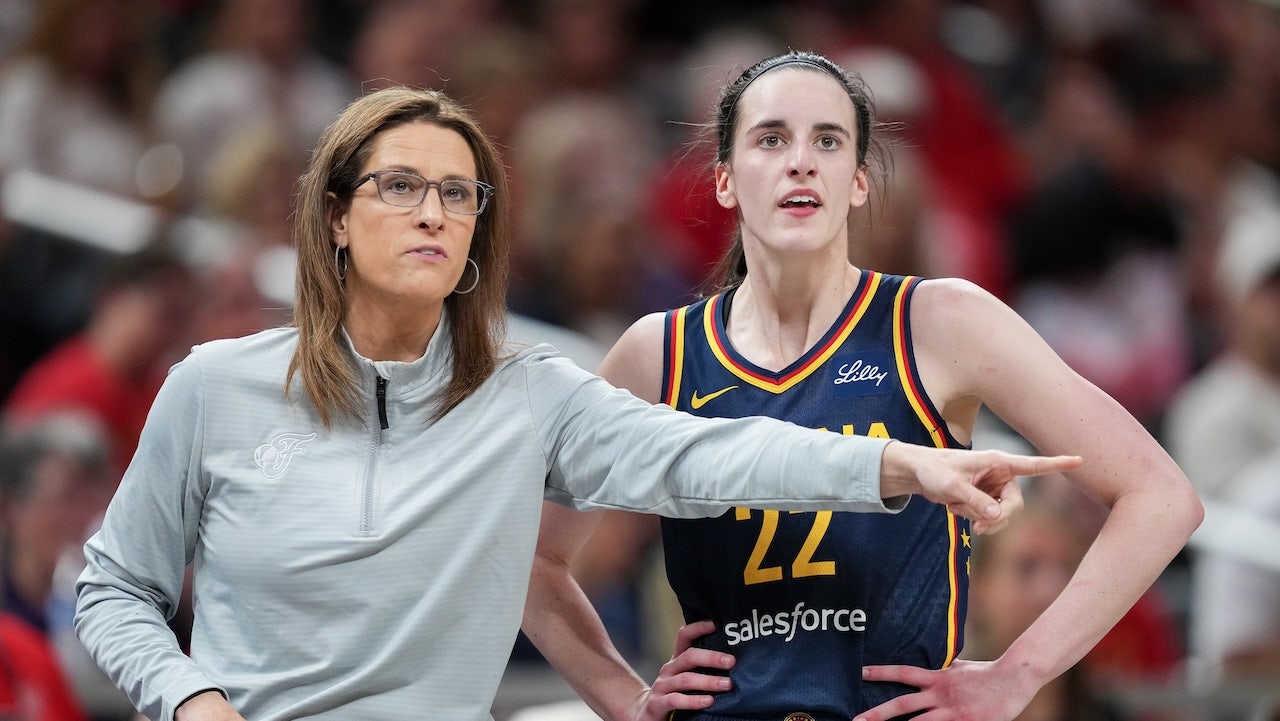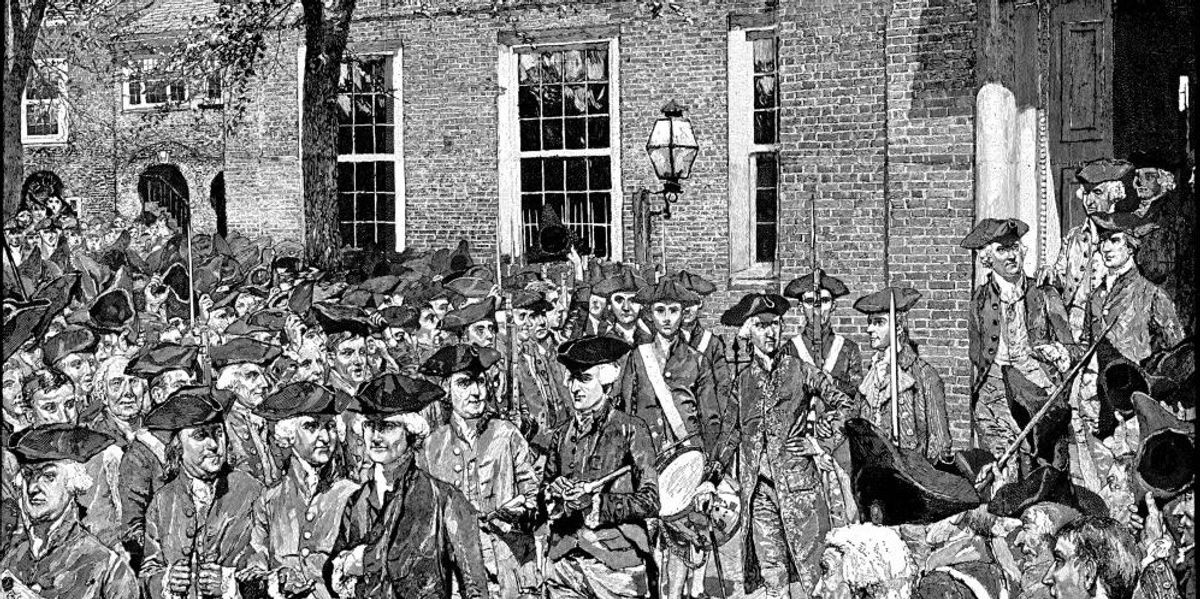When Prince Harry, among others, founded the Invictus Games, it was a glorious thing. It was a competition for wounded warriors to compete in various sports, giving them a place to show their stuff and be recognized for the sacrifices they made in defense of their respective nations.
It was a great thing.
Coming up on its 10th year, Prince Harry is shaping up to be a very different sort of person. I’m not sure if he directly has anything to do with the games, though, but it seems that many, if not all of the trustees behind the games are British. That means they’ve likely swallowed the anti-gun narrative hook, line, and sinker.
Which means the Invictus Games have done so as well.
Prince Harry’s Invictus Games is facing backlash over a key change to one of its events.
The first Winter Invictus Games is set to take place in Vancouver, Canada, from Feb 8 to 16, and the biathlon event, which combines cross-country skiing and rifle shooting, is ditching the rifles for “laser” guns.
In a statement to Fox News Digital, Amy Haken, Senior Manager of Sport at the Invictus Games Vancouver Whistler 2025, explained “We’re using Ecoaim optic (infrared beam) rifles (not laser rifles) at the Invictus Games 2025 Vancouver Whistler. Optic rifles are widely used for their enhanced safety, reliability, and wide accessibility from novice to elite levels, including at the Paralympic Games and major international competitions.”
She continued, “They can be used by a broad range of people with disabilities — including visually impaired competitors — and offer a significant range safety advantage given most of our Competitors are novices.”
U.S. Marine veteran Christopher Bryde, who served in Afghanistan and lost both of his legs below the knee following injuries from an IED, felt the change impacted the sport, however, telling FieldSports News, “We had a couple of issues with the cold and some of the [laser] guns just not working. Also, snow seemed to obstruct some of the targets.”
Bryde continued, “For example, I shot perfectly for five laps and then in one lap I only hit one target. And then we checked out the gun and there was a bit of snow covering… the laser thing [lens].”
And let’s think about the whole “most of our competitors are novices” thing for a moment.
These are servicemembers and veterans. Most of them have at least some firearm training. Further, if they’re competing at all, they likely did some practice which would have involved some gun safety instruction.
I don’t care if they’re infrared beam rifles or laser rifles, the truth of the matter is that these aren’t firearms, and that changes the nature of the competition entirely.
Yet the fears illustrated aren’t based on actual incidents. I could find one case of a biathlon competitor being killed, that being Todd Mitchell in 1991, and that was a case of him passing out with his finger on the trigger.
The most common injuries in biathlon aren’t gun-related at all, but are simply the nature of the sport in general. They’re things like lower back and knee pain.
But the anti-gun narrative is that guns are inherently dangerous and should be avoided if at all possible is definitely behind the overall thinking here, if you can actually call it “thinking.”
These are military personnel and veterans who generally know guns, at least well enough to know how to compete with them safely. There’s not been an incident at the Invictus Games in the past, and for good reason. There aren’t a lot of incidents in biathlon competitions in general, either.
So this is really just driven by anti-gun animosity and the idea that somehow guns should be removed from everywhere.
They really need to get over it.
Read the full article here







![Joey Chestnut Reclaims Nathan’s Hot Dog Eating Title in Patriotic Independence Day Return [WATCH] Joey Chestnut Reclaims Nathan’s Hot Dog Eating Title in Patriotic Independence Day Return [WATCH]](https://www.rvmnews.com/wp-content/uploads/2025/07/2025.07.04-08.03-rvmnews-6868338b2260b.jpg)

![Rapper’s Uncle Killed in Road Rage Incident, Teenager Faces Murder Charge [WATCH] Rapper’s Uncle Killed in Road Rage Incident, Teenager Faces Murder Charge [WATCH]](https://www.boredtrashpanda.com/wp-content/uploads/2025/07/2025.07.04-05.23-boredtrashpanda-68680e1e3b929.jpg)


